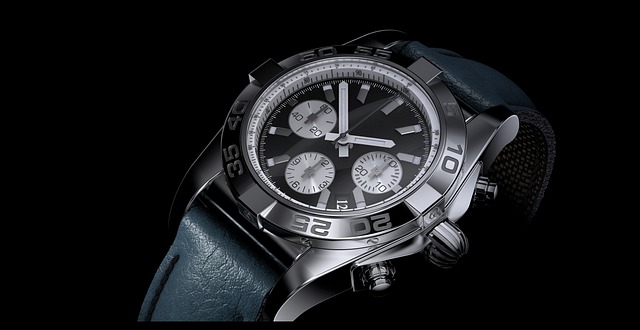Watch Types and Their Features

Watches come in a variety of types, each with their own features and benefits. From traditional mechanical watches to modern smartwatches, the watch industry has something for everyone. In this blog post, we will explore the different types of watches and their features, including mechanical, quartz, and smartwatches.
Mechanical Watches
Mechanical watches are the oldest type of watch, with a history dating back to the 15th century. They are powered by a mainspring, which is wound either manually or automatically through the movement of the wearer’s wrist. The mainspring powers a series of gears that move the watch hands.
Mechanical watches are prized for their craftsmanship and design, as well as their accuracy and durability. They are often more expensive than other types of watches due to their intricate mechanical movements and the time and skill required to produce them.
Quartz Watches
Quartz watches were first introduced in the 1960s and revolutionized the watch industry with their accuracy and affordability. They are powered by a battery that sends an electric current through a quartz crystal, causing it to vibrate at a precise frequency. This vibration is then used to regulate the movement of the watch hands.
Quartz watches are prized for their accuracy and affordability, as well as their low maintenance requirements. They are often less expensive than mechanical watches and are available in a wide range of styles and designs.
Smartwatches
Smartwatches are a relatively new type of watch that incorporate advanced technology, such as sensors, Bluetooth connectivity, and touch screens. They are designed to function as an extension of the wearer’s smartphone, allowing them to receive notifications, track fitness metrics, and control smart home devices, among other features.
Smartwatches are prized for their convenience and functionality, as well as their ability to seamlessly integrate with other technology. They are often more expensive than mechanical and quartz watches due to their advanced technology and features.
Comparison and Contrast
Mechanical watches are prized for their craftsmanship and design, and are often more expensive than other types of watches. They require regular winding or wearing to maintain their accuracy, but can last for generations with proper care.
Quartz watches are prized for their accuracy and affordability, and require little maintenance other than replacing the battery every few years. They are available in a wide range of styles and designs, and are often less expensive than mechanical watches.
Smartwatches are prized for their convenience and functionality, and are designed to seamlessly integrate with other technology. They require regular charging and may become obsolete more quickly than mechanical or quartz watches due to rapid advancements in technology.
In conclusion, the different types of watches each offer their own unique features and benefits. Whether you prefer the craftsmanship of a mechanical watch, the accuracy of a quartz watch, or the functionality of a smartwatch, the watch industry has something for everyone. It’s up to you to decide which type of watch is best suited to your needs and preferences.


